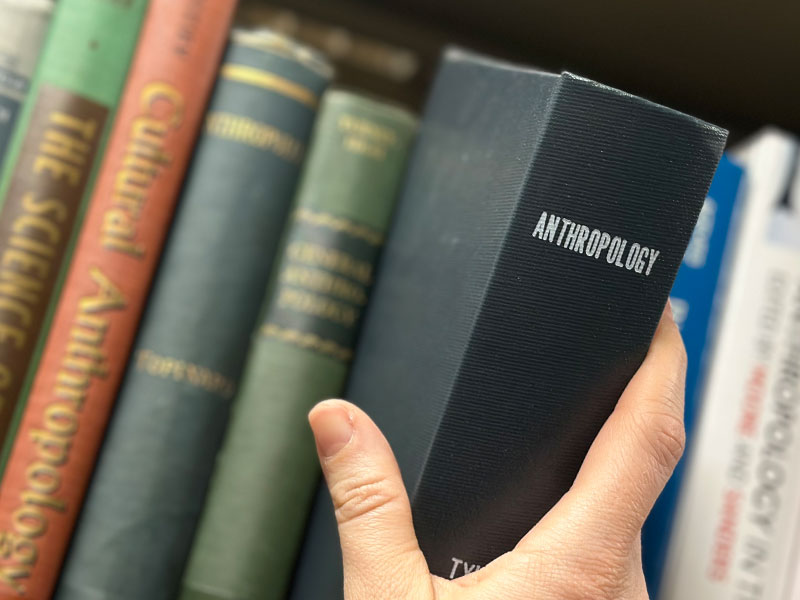What You’ll Study in the Sociology Minor
Gain hands-on experience with the primary analytical frameworks and methods of sociology to develop advanced proficiency in topics of your choice with a sociology minor at Reed College. Work with our professors and your classmates to explore sociological modes of thought and strategies of inquiry, including aggregate analysis of macrosociological trends; modernization as the basic historical process that has transformed the West; and statistical analysis and data manipulation.
Why Study Sociology at Reed College?
Related Subfields of Sociology
Choose from among a cluster of sociology courses that address a range of topics and expertise. Courses in political sociology cover social movements, political sociology, comparative and historical perspectives on women’s activism, and collapse of communism. Our economic sociology courses focus on American capitalism, economic sociology, and institutional analysis. And our science and gender courses explore the sociology of science and the sociology of gender. Each cluster introduces sociology majors and minors to the major theoretical models sociologists have developed and current issues and controversies represented by recent monographs and journal publications.
Interdisciplinary Approach
Take courses that are cross-listed with our Comparative Race and Ethnicity Studies program, like Social Technologies of Belonging and Race, Economy, Public Policy. Learn to evaluate data, analyze institutions, languages, structures, and processes, and explore social and historical change, causation, human cognition, and the relationship between individuals and society.

How Have Boarding Schools Affected Southwest Pueblo Families?
When sociology major Evangeline Nañez wrote her thesis, she wanted to understand changes in Indian boarding schools from their origin to the contemporary period, and how these changes have been reflected in Pueblo families. "I look at the relationships between boarding school experiences and kinship structures, household values, and resource acquisition," she says.


